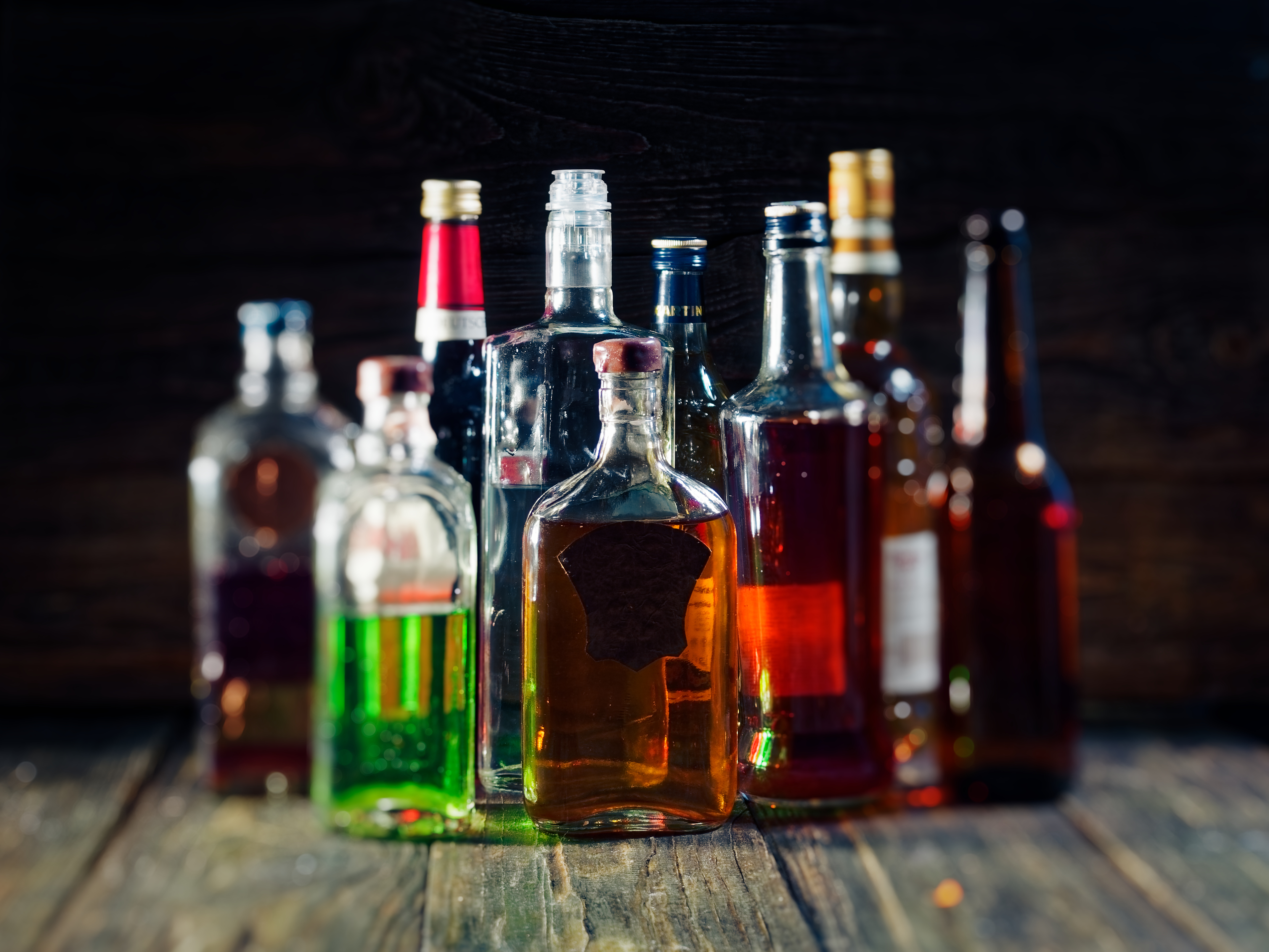
Alcohol
Drinking alcohol can increase your risk of falling by making it harder to move in a coordinated way and slowing your reaction time. Both of these increase your risk of falling. Alcohol may also increase your risk of hitting your head on the ground when you fall. This can cause a traumatic brain injury that can have long-term effects.
Alcohol and Falls
- As we age, we may no longer be able to process alcohol as quickly as we did when we were younger. That means the same amount of alcohol that we drank years ago may now have a stronger effect.
- Alcohol on its own can impair balance and the ability to walk. Drinking and taking medication can make things worse by causing or increasing drowsiness or unsteadiness.
- Alcohol use and binge drinking are increasing in people 50 years and older. Older adults treated in an emergency department for a fall who had alcohol use in their health care record were more likely to have a head injury and to be hospitalized.
Steps You Can Take
- Complete CDC's Alcohol Screening Tool to learn more about drinking habits.
- Talk to your healthcare provider if you have concerns that your alcohol consumption may be affecting your health.
Resources
- calendar icon
Aging and Alcohol

Learn the effects of alcohol on your body as you get older.